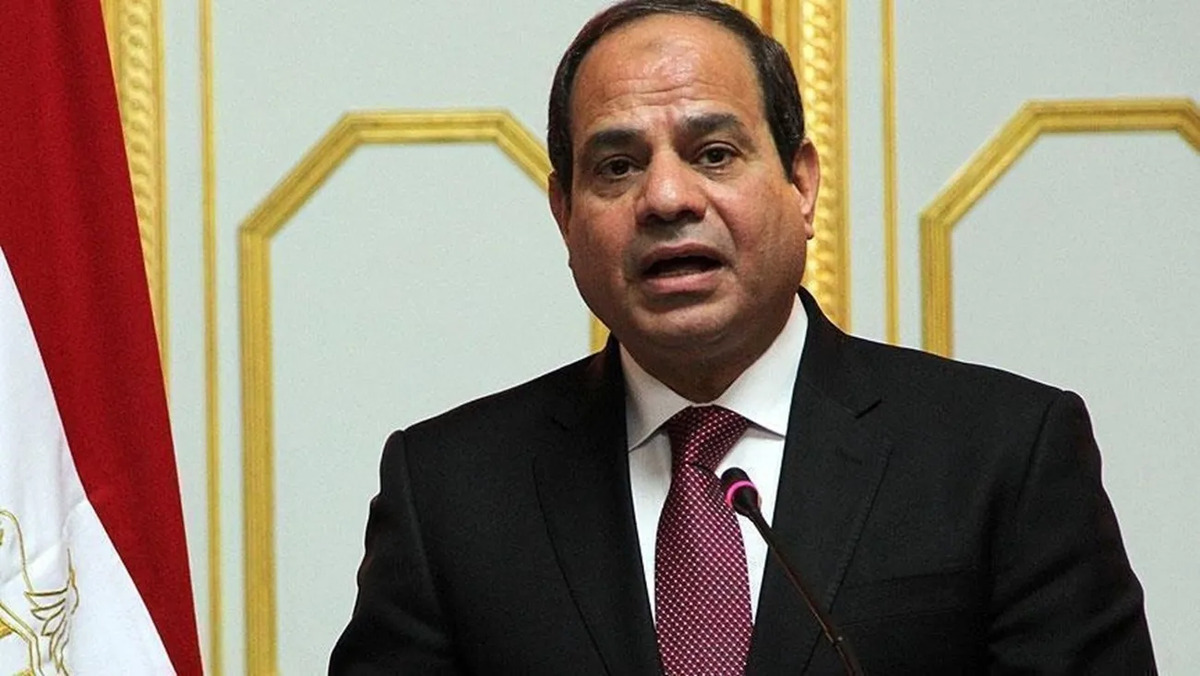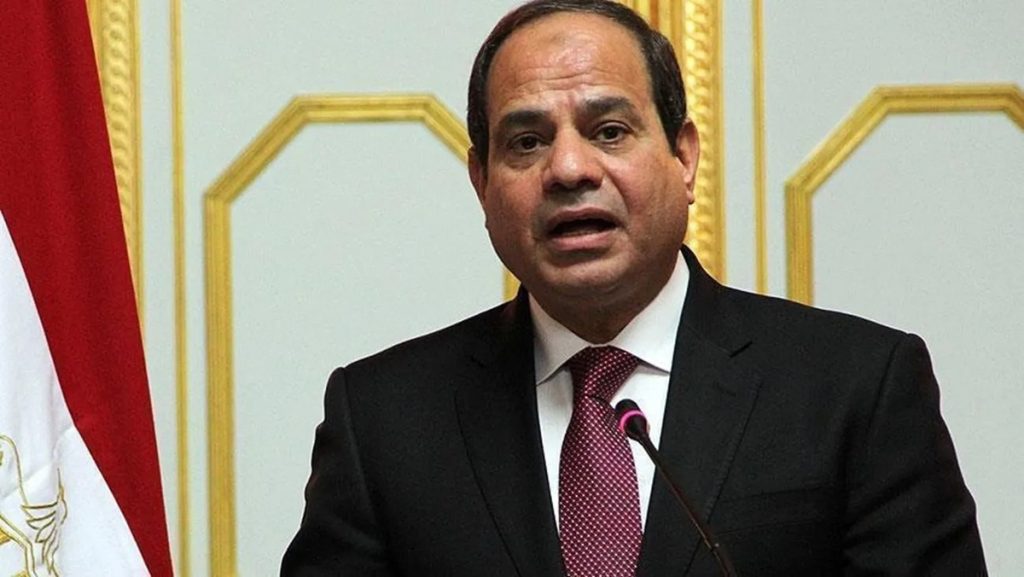Sisi is caught between his personal interests and the interests of the Gulf sheikhdoms. Coming to power with the support of the armed forces and some Gulf countries, he faces great pressure due to the scenes of destruction in Gaza, placing him in a difficult position between maintaining relations with the occupation and popular pressure. Historically, Egyptian leaders like Nasser and Sadat made decisive decisions, but the current situation is different as officers control the rule, leading to poorly considered decisions. The war on Gaza has put Sisi in a dilemma; he wishes the war had not happened but simultaneously seeks to preserve his relationship with the occupation, reflecting the weakness of his position amid events. Pressures on the Egyptian regime increase due to popular anger towards the occupation, forcing it to respond despite attempts to maintain relations with the occupiers.
Despite his limited insight, Sisi may listen to advice from his security apparatus, indicating the presence of wise figures who might influence his decisions in this crisis. Egypt, with its deep history, needs leaders capable of fulfilling its historic role, not merely reactive responses. Ultimately, the Egyptian regime seems stuck in a reactive stance, raising concerns about the future of relations with the occupation and Palestinian rights. History may move forward through the sacrifices of the Palestinian people, potentially changing the course of events in the region.














Recommended for you
Talib Al-Rifai Chronicles Kuwaiti Art Heritage in "Doukhi.. Tasaseem Al-Saba"
Exhibition City Completes About 80% of Preparations for the Damascus International Fair Launch
Unified Admission Applications Start Tuesday with 640 Students to be Accepted in Medicine
Egypt Post: We Have Over 10 Million Customers in Savings Accounts and Offer Daily, Monthly, and Annual Returns
His Highness Sheikh Isa bin Salman bin Hamad Al Khalifa Receives the United States Ambassador to the Kingdom of Bahrain
Al-Jaghbeer: The Industrial Sector Leads Economic Growth